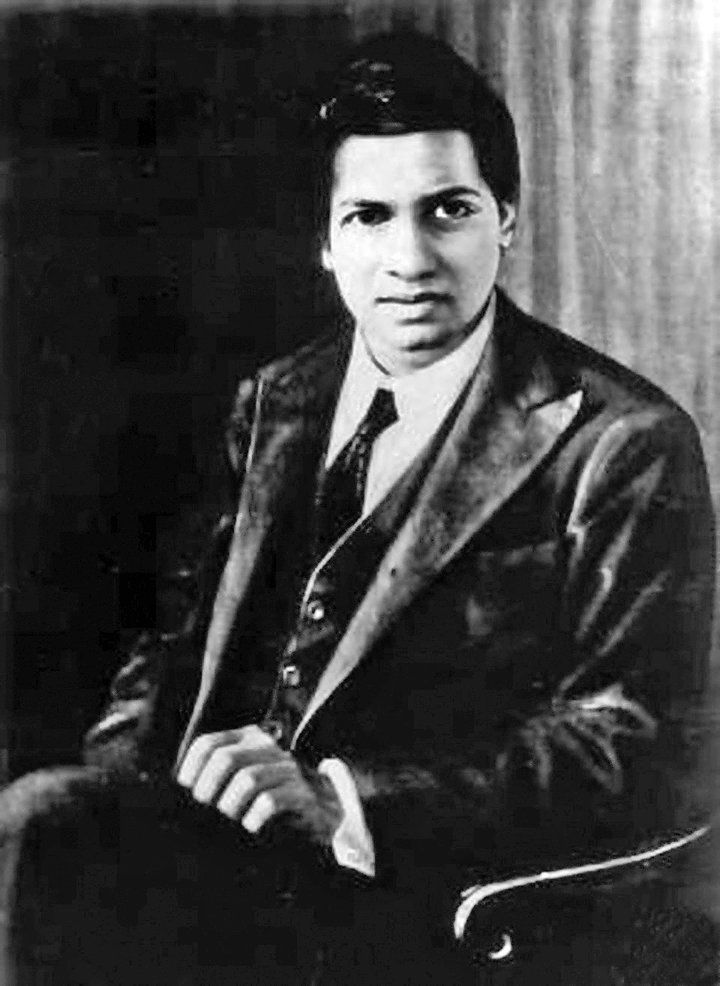How
can it be that mathematics, being after all a product of human
thought…is so admirably appropriate to the objects of reality?
–Albert Einstein
###
For over 2,500 years, at least since Pythagoras, folks with too much time on their hands have wondered: Have numbers always been around, just waiting for us to discover them, or: have we invented them? The first view, sometimes called the Platonic approach, says that, if the universe were to disappear, the mathematical truths we’ve discovered—like pi being the circumference-to-diameter ratio of all circles—would still exist. The second, “non-Platonic,” view says that all math is a human construct, and that the answer to Einstein’s question, above, is that we invented it to be “admirably appropriate.”
Rather than wander into such a late-night weed-fuelled dorm room debate, let me instead pose the “interesting number” paradox. Divide all integers into “interesting” and “non-interesting” numbers. Then it’s easy to show that there are no non-interesting numbers, because, as you go up the number line, you’ll eventually reach the smallest non-interesting number…which obviously is interesting, being the smallest non-interesting number.
Here are a few genuinely interesting numbers:
42 is the answer to “the ultimate question of life, the universe, and everything,” per Douglas Adam’s The Hitchhiker’s Guide to the Galaxy. He may have glommed onto it because, in ASCII computer code, 42 is an asterisk, that is a wildcard character in programming.
666 is the “Number of the Beast,” according to the Book of Revelations. Except it isn’t. The oldest fragment of the Bible containing this verse gives it as 616. I wrote about it here.
1337 has been doing the rounds on the Internet, being shorthand for using numbers in lieu of letters. Thus 1337 is (if you squint) “leet”—aka eleet, or leetspeak, referring to computer coders and hackers who modestly consider themselves “elite” members of the community.
1729. The story goes that when the mathematician Godfrey (G.H.) Hardy visited Indian math prodigy Srinivasa Ramanujan in hospital, Hardy commented that the taxi he’d taken there in had license number 1729, which he thought a rather ordinary number. Ramanujan replied that actually it’s special, being the smallest number which can be expressed as the sum of two different cubes in two different ways: 10 cubed plus 9 cubed; and 12 cubed and 1 cubed. (But surely Hardy would have known that?)

Srinivasa Ramanujan (1887-1920), self-taught mathematical genius. (Unknown photographer, public domain)
24601 If you’ve been taking advantage of the many free musicals available on YouTube these covid-days, you’ve probably watched “Les Miz,” in which 24601 is protagonist Jean Valjean’s prisoner number. Why that number? Because Victor Hugo, author of the novel Les Misérables, believed that he was conceived on 24 June 1801, or 24-6-01.
?? The only two-digit number such that, when you add the sum of its digits to the product of its digits, you get your original number. For example, if you guessed 27, (2 + 7) + (2 * 7) = 23 (not 27, which is what you want). Answer next week.
Got any special numbers you’d like to share?
CLICK TO MANAGE